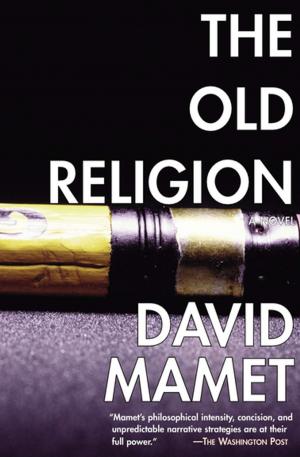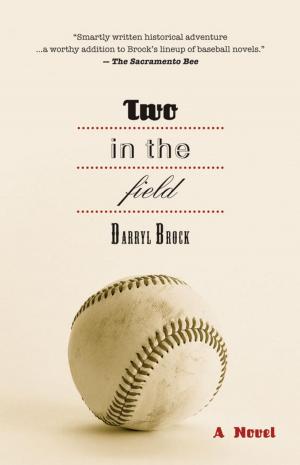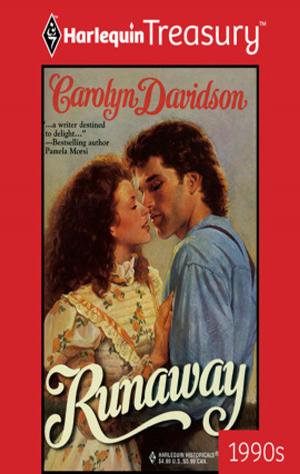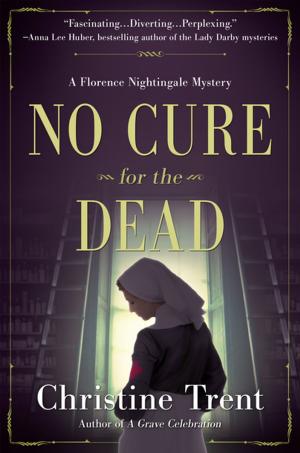| Author: | Richard Munson | ISBN: | 9781301959181 |
| Publisher: | Richard Munson | Publication: | September 26, 2013 |
| Imprint: | Smashwords Edition | Language: | English |
| Author: | Richard Munson |
| ISBN: | 9781301959181 |
| Publisher: | Richard Munson |
| Publication: | September 26, 2013 |
| Imprint: | Smashwords Edition |
| Language: | English |
The rich may be different, but George Fabyan was unique among millionaires.
The Gilded Age tycoon sponsored and inspired a “community of thinkers” who advanced science in such diverse fields as acoustics, cryptography, genetics, and physiology. Yet the whimsical Fabyan also tried to construct a levitation machine that would defy gravity, and he spent millions trying to prove Sir Francis Bacon wrote Shakespeare’s plays.
Considering himself an “ideas man,” Fabyan changed how we wage wars and keep secrets, how we transmit sound and design buildings, and how we stimulate scientific advances. He created perhaps the first independent research center, laid the foundation for the top-secret National Security Agency, and even helped end World War I by breaking German codes, capturing foreign terrorists, and developing more effective trench mortars.
Despite eccentric habits, Fabyan acquired an impressive list of professional awards. Probably no other American received the French Medal of Honor, Japan’s Order of the Rising Sun, as well as commendations from the U.S. National Security Agency. Few millionaires can claim to have negotiated an international treaty to end a war. No other businessman housed the American military’s center for code breaking, and virtually no science patron advanced research in such disparate fields.
The rich may be different, but George Fabyan was unique among millionaires.
The Gilded Age tycoon sponsored and inspired a “community of thinkers” who advanced science in such diverse fields as acoustics, cryptography, genetics, and physiology. Yet the whimsical Fabyan also tried to construct a levitation machine that would defy gravity, and he spent millions trying to prove Sir Francis Bacon wrote Shakespeare’s plays.
Considering himself an “ideas man,” Fabyan changed how we wage wars and keep secrets, how we transmit sound and design buildings, and how we stimulate scientific advances. He created perhaps the first independent research center, laid the foundation for the top-secret National Security Agency, and even helped end World War I by breaking German codes, capturing foreign terrorists, and developing more effective trench mortars.
Despite eccentric habits, Fabyan acquired an impressive list of professional awards. Probably no other American received the French Medal of Honor, Japan’s Order of the Rising Sun, as well as commendations from the U.S. National Security Agency. Few millionaires can claim to have negotiated an international treaty to end a war. No other businessman housed the American military’s center for code breaking, and virtually no science patron advanced research in such disparate fields.















